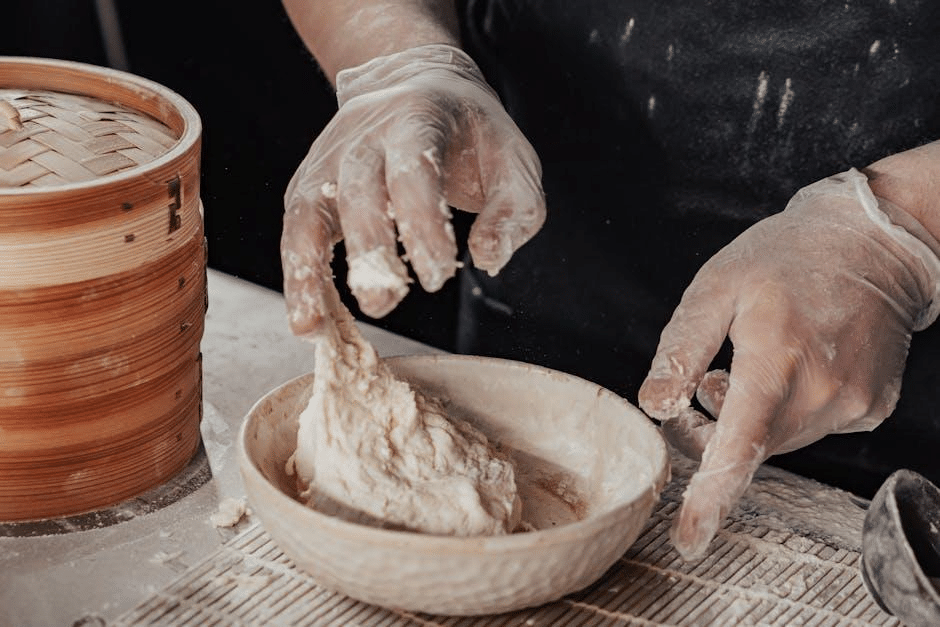The slow and steady heartbeat of British kitchens once threatened to disappear under waves of microwave dinners and delivery apps. Now, without warning, ancient rituals are surging back. People are chasing the crackle of fresh bread, pulling battered cookbooks from dusty shelves, and investing unthinkable amounts of time in Sunday roasts. There’s nostalgia at play for certain, but something else too: control, connection, and pride in the hands-on. Modern life pushes convenience above all else. Yet across the country, a change is simmering. The pursuit isn’t just about taste. It’s about meaning, about the kitchen regaining its status as the home’s creative engine.
Ovens with Soul
Witness the resurgence of range cookers: statement pieces that cook food and memories alike. For decades, these bulky machines seemed relics fit only for sprawling country homes or television period dramas. Today? Even urban flat dwellers will queue up to buy an Aga online (or at least daydream about it during lunch breaks). It’s not simply trend-hopping. There’s magic in slow heat, gentle simmering, and warm corners on dreary afternoons. These ovens demand patience and refuse shortcuts. Anyone can cook eggs on a gas ring. Setting bread to rise inside an Aga evokes family rituals that stretch back generations.
Fermentation Fever
Pickling jars have crept back onto British counters and cupboards as if they’d never left. One look at supermarket shelves won’t reveal it. This revival happens quietly in glass jars labelled by hand or barely labelled at all. Sourdough starters bubble with lazy confidence. Sauerkraut quietly sours somewhere beneath the stairs until it sharpens every mouthful. What explains this rise? It certainly isn’t speed or glamour, but satisfaction—a sense that flavour takes time and attention that no machine can fake. A bubbling jar stands as proof that some appetites don’t care for instant gratification.
Reviving Sunday Lunch
Time was when everything stopped for Sunday lunch, the roast itself almost sacred, with Yorkshire puddings standing guard alongside rivers of gravy. The tradition frayed when families scattered or workdays bled into weekends, but lately it’s reattaching itself firmly to calendars across Britain. Long-cooked joints draw folks together who’ve barely shared more than hurried breakfasts during the week. The lure isn’t only meaty excess. It’s a ritual, the carving knife handed along generations, leftovers conjured into Monday pies with practiced hands. Somehow, a meal turns obligation into celebration and leaves even teenagers hanging around for seconds.
Baking Without Apology
Years ago, baking seemed like a tedious task best avoided with ration books, but now it’s back with purpose (and mess). Banana breads launched worldwide obsessions during lockdowns, then gave way to ambitious buns and tarts requiring nerves of steel and extra strong tea on standby if things collapse mid-bake! No surprise that televised contests fanned these flames, but home bakers know another truth altogether: creating cakes proves resilience in shaky times and offers simple luxury when outside choices feel thin on joy.
Conclusion
None of these rituals is new. They’re older than most furniture found inside a UK kitchen today, but each feels newly electrified by modern longing for substance over speed. While gadgets promise effortless meals delivered at light speed, a stubborn resistance is growing across British kitchens, one loaf or pickled onion at a time. Traditions haven’t vanished after all. They simply waited out their boredom until they were ready to get messy again and find comfort in making something from scratch together, where it always lived.

